Faculty Feature: Zack Guido
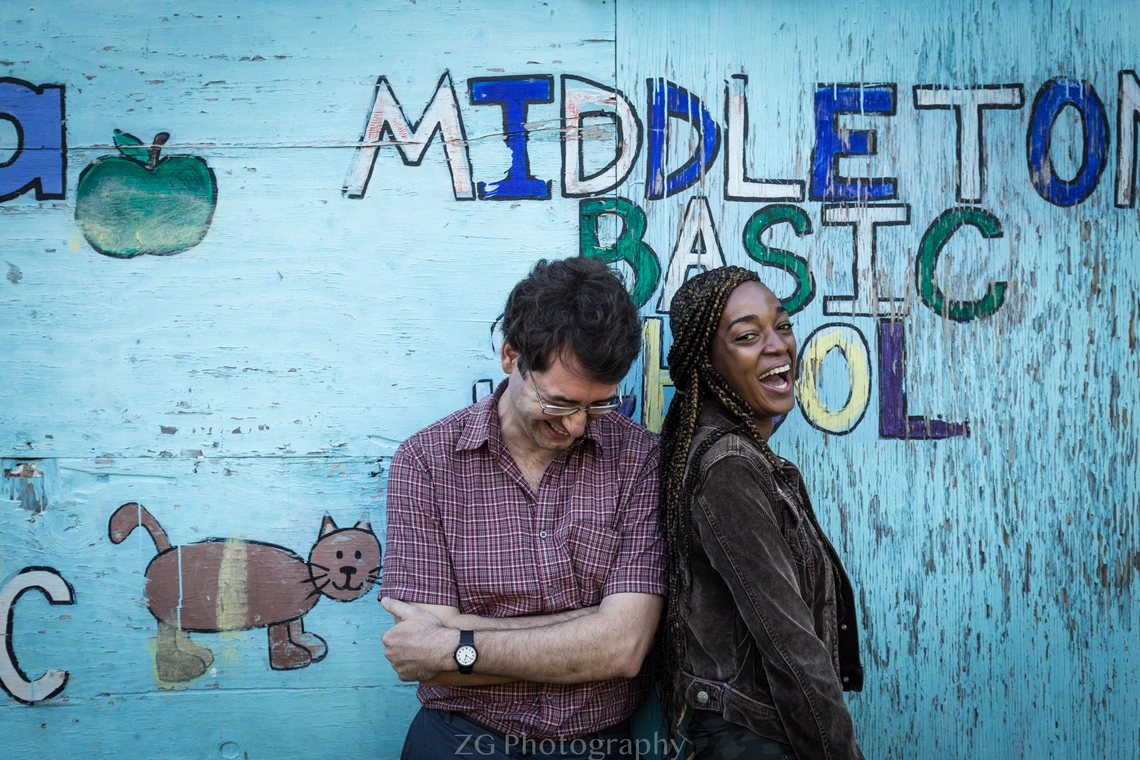
Zack Guido is an assistant research professor at the Arizona Institute for Resilience and the School of Natural Resources and Environment and the Director of AIR’s International Programs, which is focused on creating research opportunities related to International Resilience Research for Development in the Global South. With a primary focus on climate impacts and socio-environmental determinants of vulnerability, Guido unravels the intricate interplay between resilience and adaptability in the face of environmental stressors. His work extends across diverse regions, including the U.S. Southwest, the Caribbean, and Africa.
In this Q&A, Guido delves into his collaboration with communities to bolster their climate resilience, advocating for the integration of weather and climate information into decision-making processes. He explores the pivotal connection between resilience work and pressing matters of social justice and equity, shedding light on the importance of actively involving marginalized communities in research.
Can you tell us about a specific community that you have worked with to improve their resilience to climate impacts, and what strategies were successful?
My favorite project was on coffee. In Jamaica, coffee production generates some of the most expensive coffee in the world and is an important source of employment for residents. However, coffee farmers face climate-related challenges such as pests and diseases, like coffee leaf rust, as well as recurring droughts and severe storm damage. Moreover, the unpredictable variability of coffee prices has had significant implications for farmers’ livelihoods.
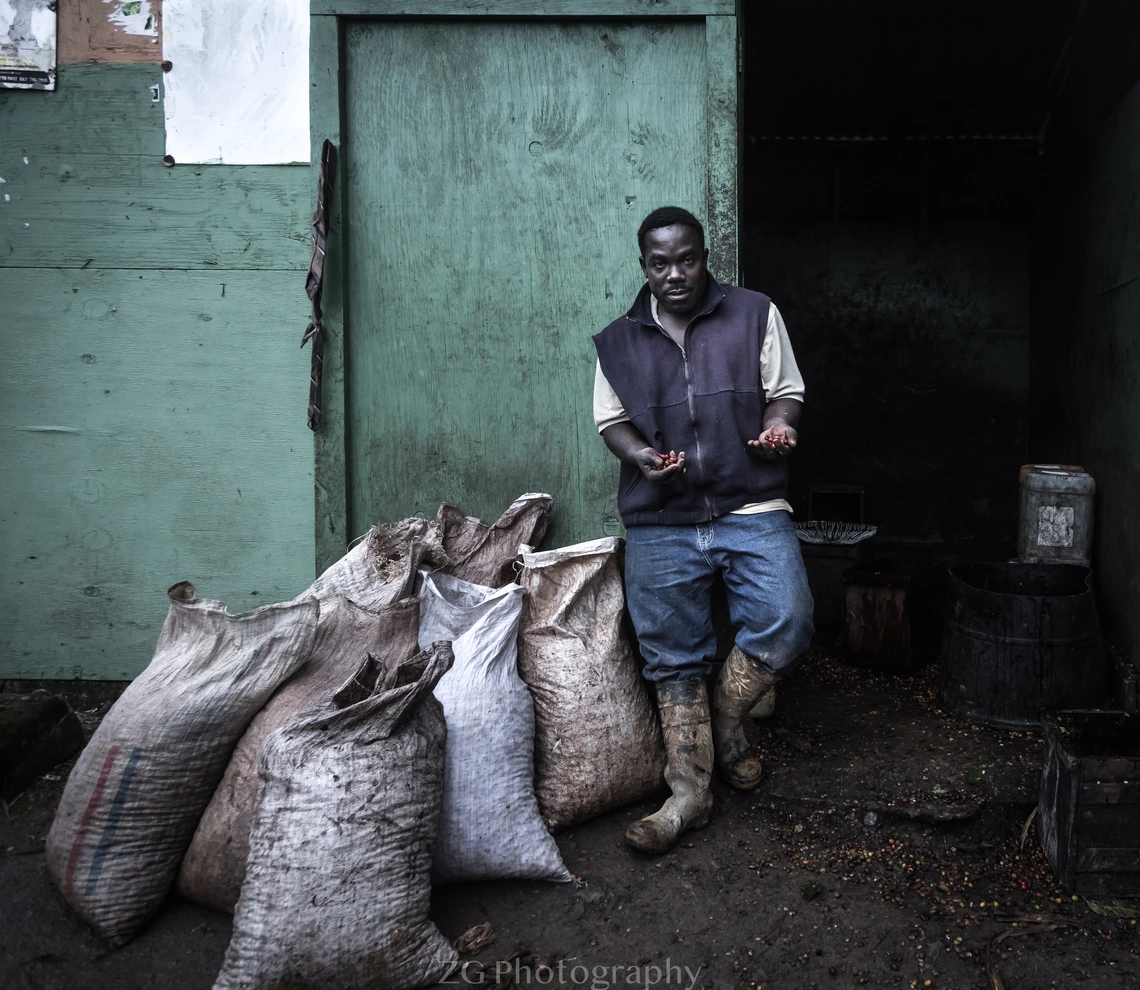
During a 4-year project that started in 2015, I collaborated with coffee farmers in Jamaica to enhance their resilience to climate impacts. The focus of the research was to understand the challenges that small producer farmers faced and identify successful strategies to cope with them. The project aimed to provide climate services that allowed the farmers to make informed decisions, manage risks, and improve their overall agricultural practices.
We developed a weather forecast and seasonal climate forecast system to better manage environmental and socio-economic risks, particularly with regard to changing coffee prices. These forecasts would help farmers plan the timing of agricultural activities, like applying fungicides or fertilizers, more effectively. For instance, applying fertilizers well before heavy rains prevents them from being washed away by erosion.
We set up an information service to provide them with weather updates twice a week and climate updates twice a month. Additionally, we held capacity building and training programs to ensure that the farmers understood and could confidently use the weather and climate forecasts, including interpreting and applying the probabilistic and mathematical information found in the forecasts, which can be challenging to comprehend.
The success of the project was also facilitated by partnerships with coffee and agricultural extensions, which share expert agricultural knowledge with farmers and provide advice and recommendations, as well as collaboration between multiple institutions. These included the University of Arizona, Columbia University, and the International Institute for Climate and Society, alongside local partners like the Jamaica Agricultural Commodities Regulatory Authority and the University of Western Indies, Jamaica.
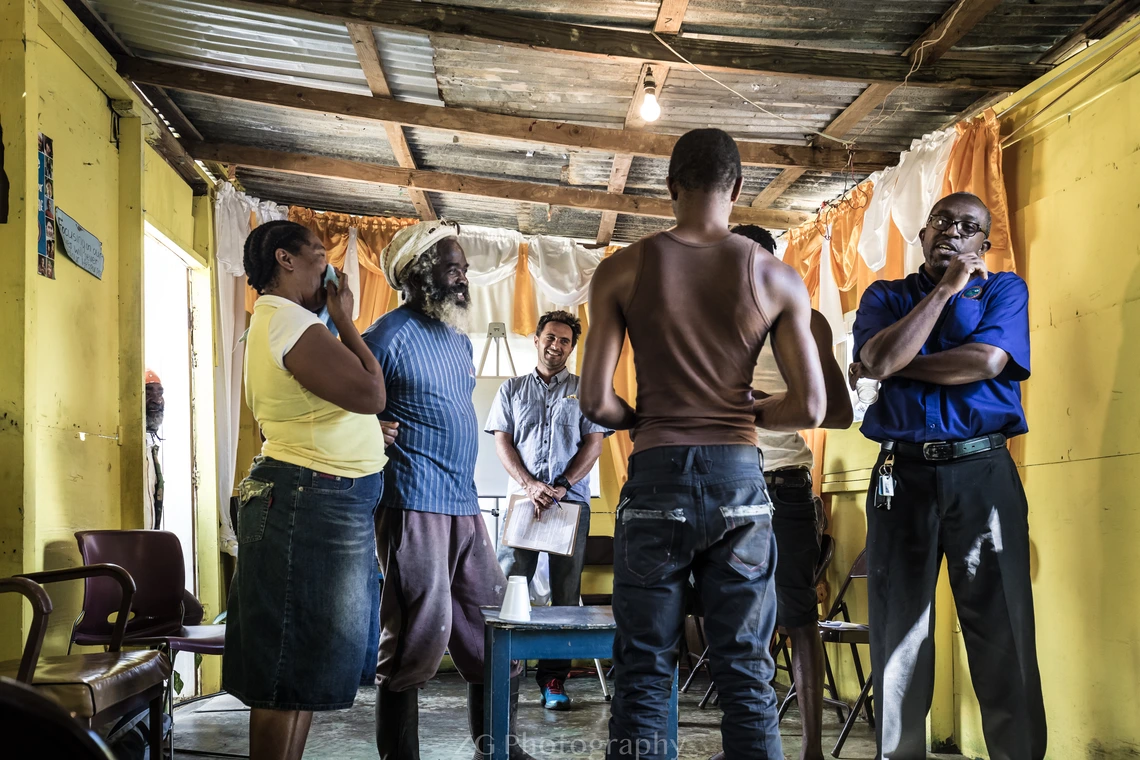
Overall, the central idea of the project was to empower coffee farmers with weather and climate information to manage climate-related risks effectively and build their resilience in the face of changing environmental conditions. Through this collaborative effort, the farmers gained valuable tools to safeguard their livelihoods and make informed decisions that supported their agricultural practices.
Beyond that, these experiences in some sense saddened me and made me question the sustainability of coffee for small-scale producers without large systems-level change. Small-scale producers experience one shock after another; with COVID and price drops being two recent crises. We made an attempt to convey this need for transformation to the broader science community and public in formal channels, including a paper we titled Epidemics and the Future of Coffee.
How can weather and climate information be better integrated into decision-making processes to improve community resilience?
Better integration of weather and climate information into decision-making processes requires making these tools more accessible and understandable for the general public.
Currently, these resources often appear as a black box, relying on complex technical and mathematical concepts that most individuals with whom I interact lack expertise. To enhance community engagement, it is important to establish trust in the accuracy and reliability of the provided data. This can be achieved through communication and interaction between experts and the community, ensuring that the intended meaning of the information is well comprehended despite its technical nature.
How does your work on resilience intersect with social justice and equity issues, and how do you ensure that marginalized communities are included in your research?
In my work on resilience, I focus on international contexts, including the Caribbean, Asia, and Africa, with a specific emphasis on disadvantaged communities. These communities are particularly affected by climate adaptation issues since they are often most vulnerable to the impacts of climate-related disasters but have fewer resources to protect themselves.
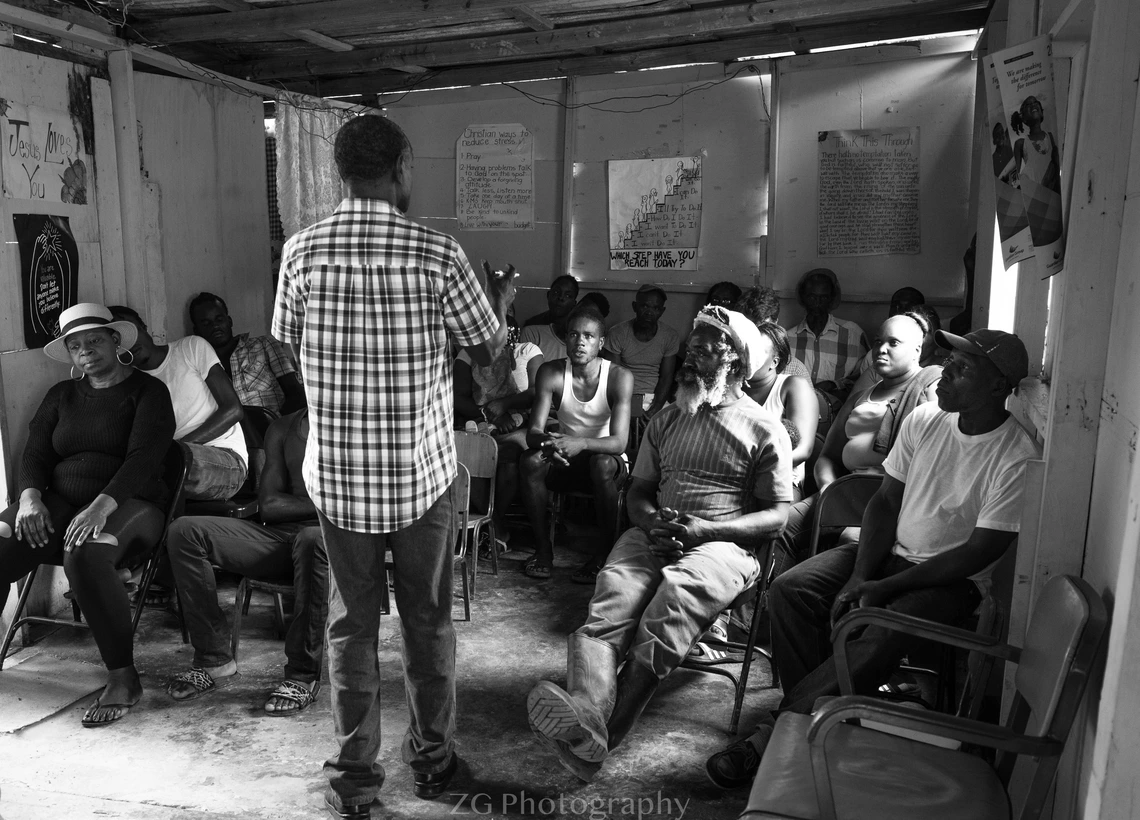
To ensure that my research is inclusive of marginalized communities, I am mindful of social justice and equity concerns throughout the entire process. This entails paying close attention to social dynamics and cultural norms, as they often exacerbate and perpetuate inequalities. Being culturally sensitive is crucial when working internationally, and I deeply appreciate the places and the people I collaborate with in these regions. Partnering with local universities allows for a more comprehensive understanding of the perspectives and needs of different groups.
As a researcher, my goal is not to change the communities I work with but to comprehend how their world operates. I engage in research for development purposes, seeking to understand the unique challenges faced by various groups. For example, I don't solely focus on large-scale coffee producers but also emphasize the perspectives and experiences of small coffee producers.
Can you talk about any exciting new research projects or initiatives you have planned for the future?
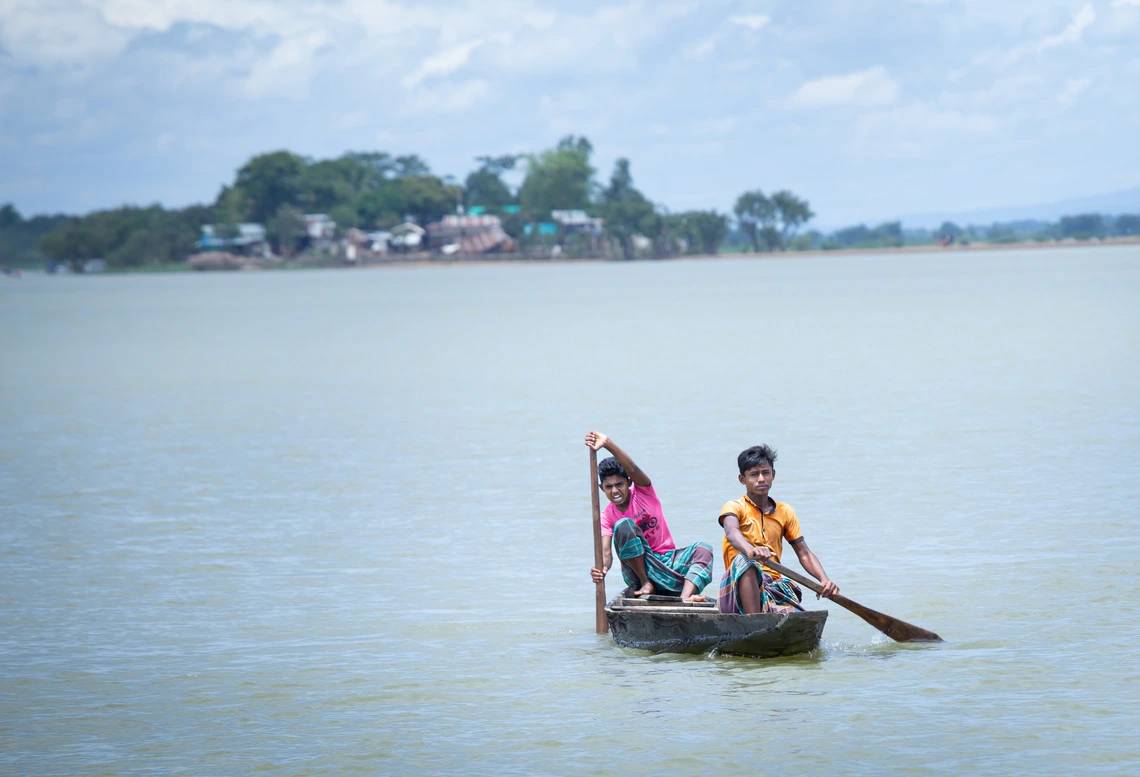
I run the International Programs initiative at AIR, which fosters engagement among campus researchers in global resilience matters. The initiative opens doors for interested researchers to explore the international implementation of programs and secure funding for interdisciplinary teams addressing critical topics such as migration and flood justice. This year, we supported, two grants have been awarded to working groups dedicated to migration research. In the past, we’ve supported 5 other groups to work on important resilience topics like floods.
We’re also pursuing a 5-year project that brings together experts to discuss the state of knowledge about measuring climate adaptation effectiveness for small-scale producers around the globe. We hope to bring conceptual clarity for diverse perspectives, identify knowledge gaps, and develop and test new ways of measuring adaptation.
This venture not only highlights the importance of international programs but also showcases an inclusive initiative that encourages both students and researchers from various disciplines to actively participate in tackling global resilience challenges.
